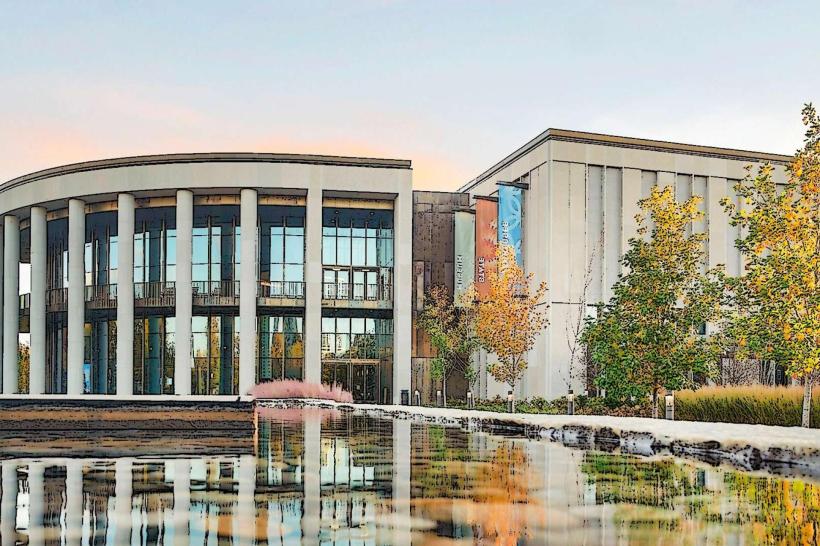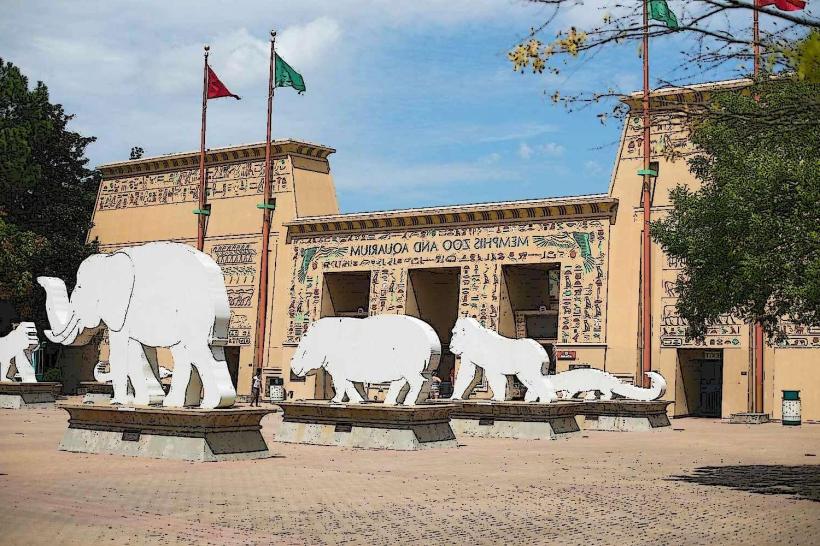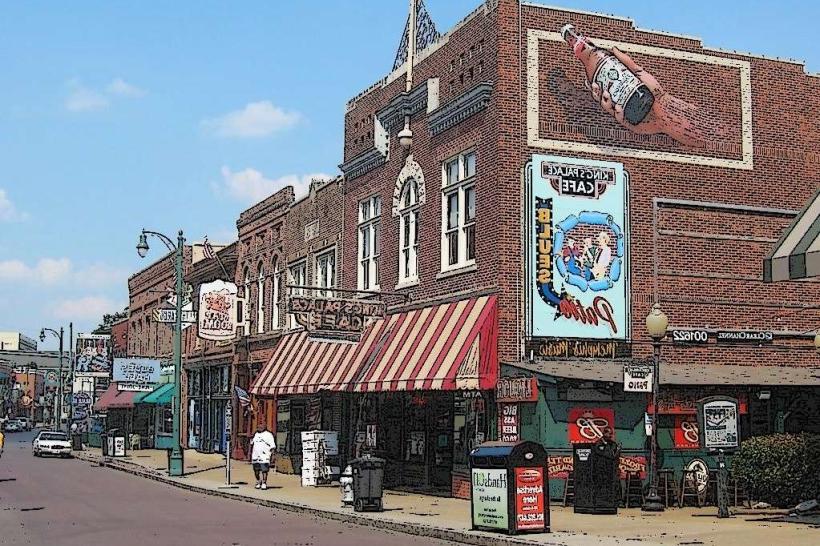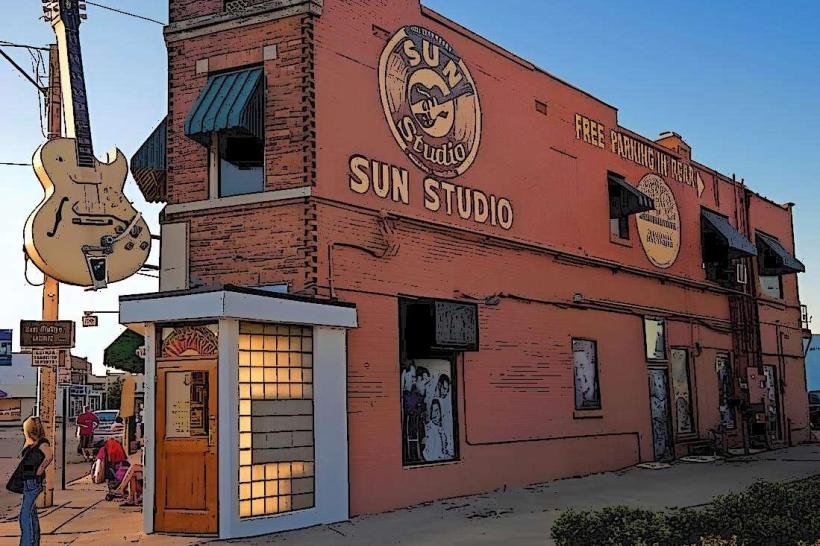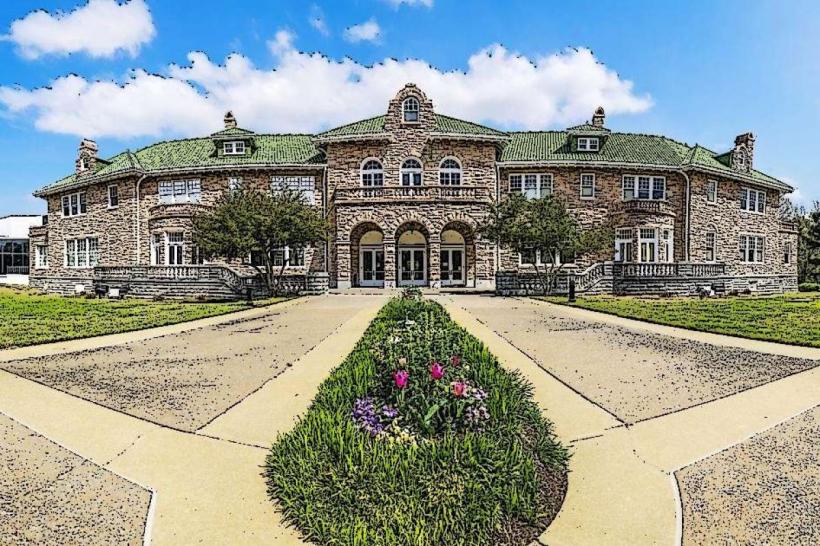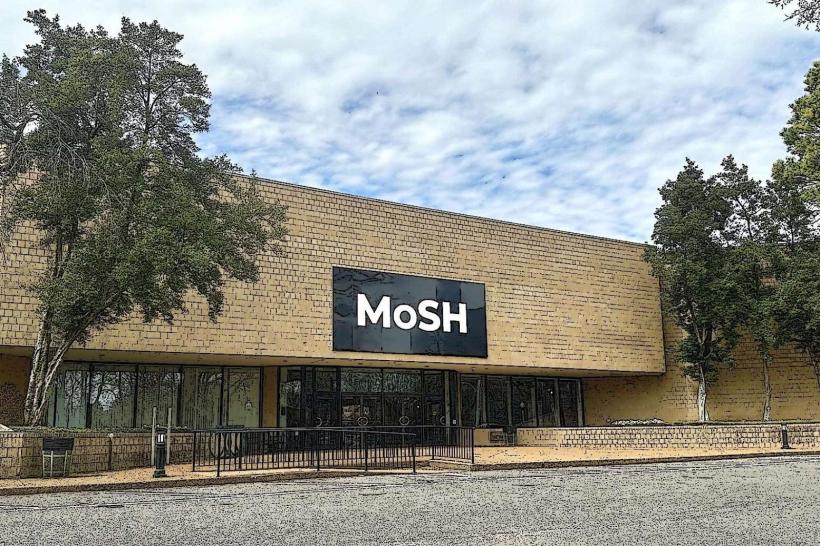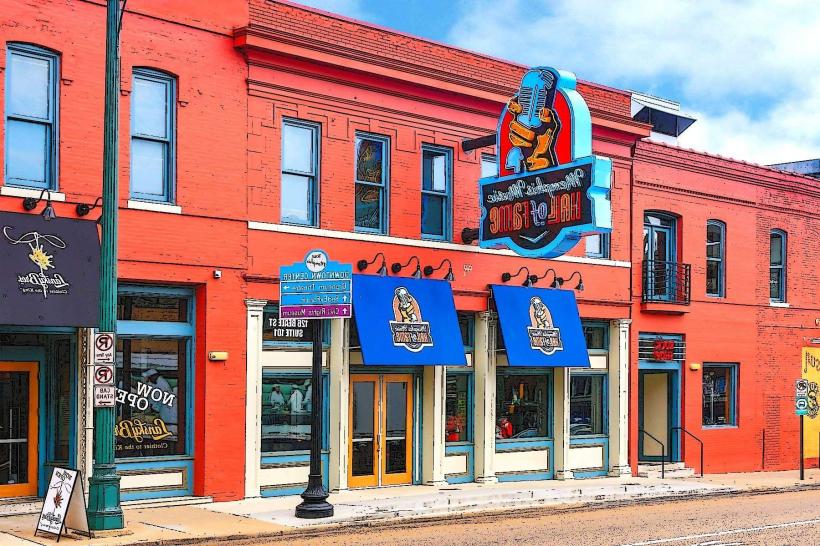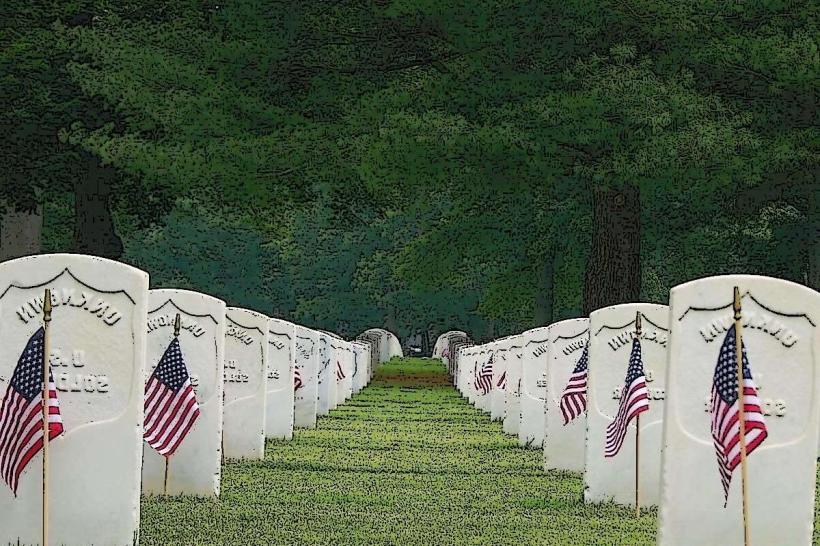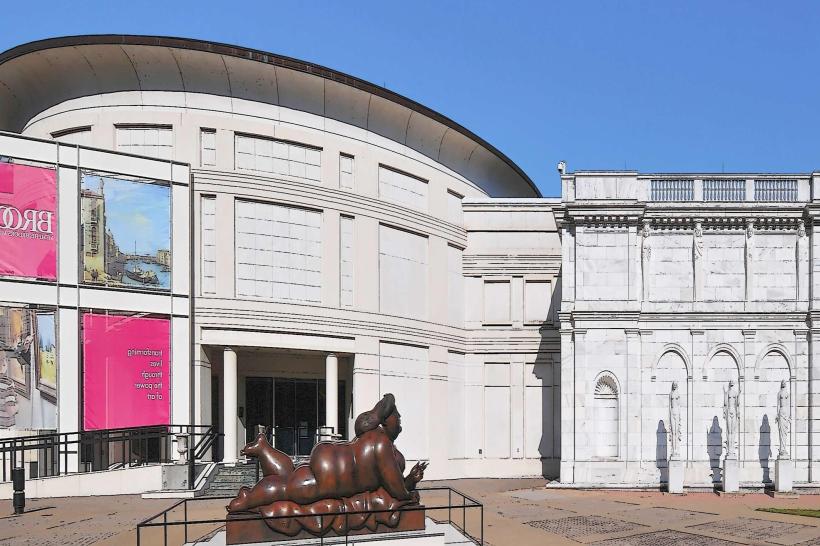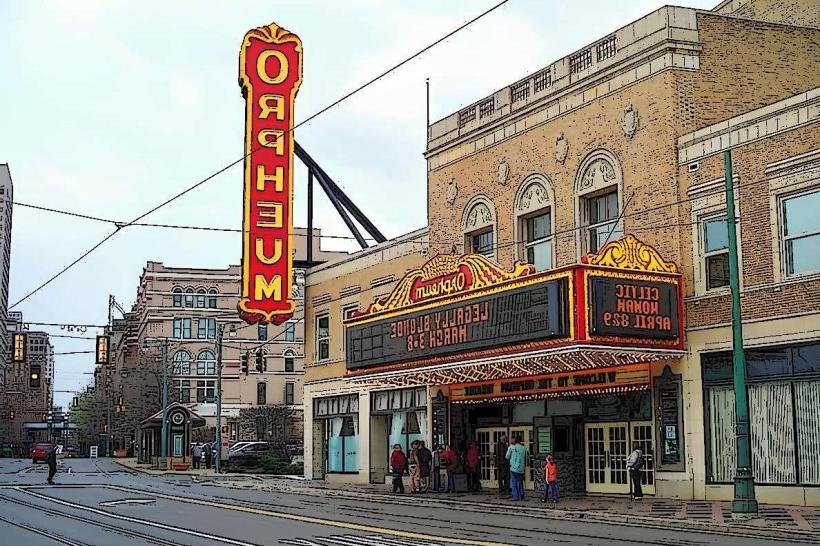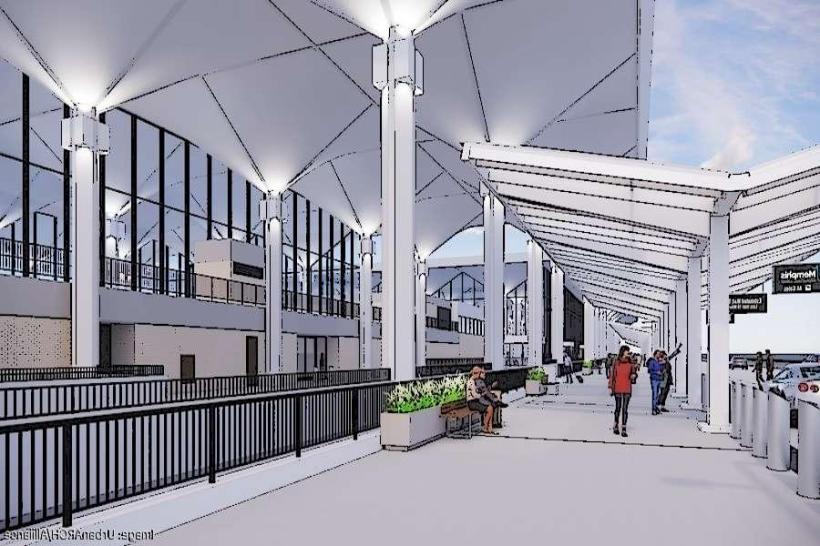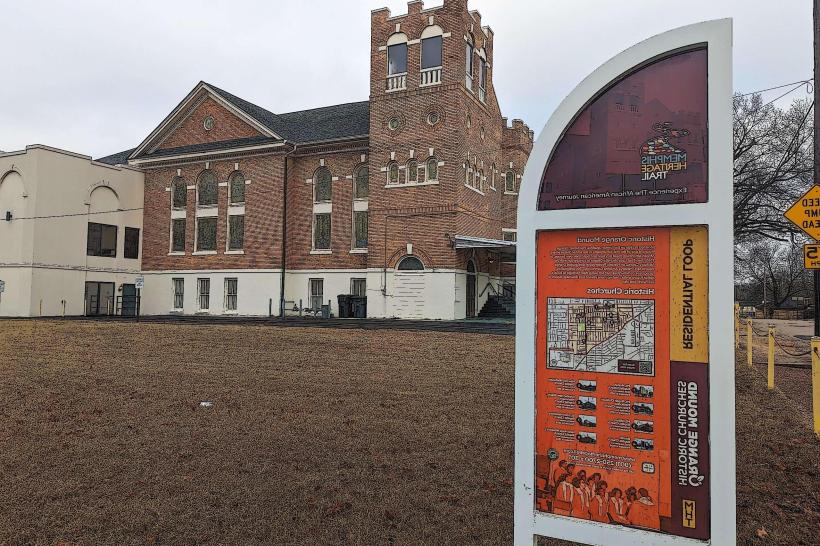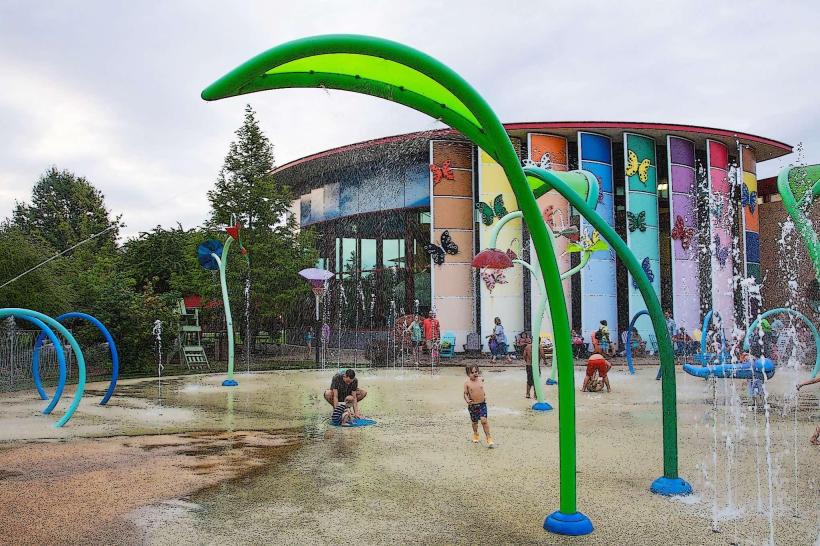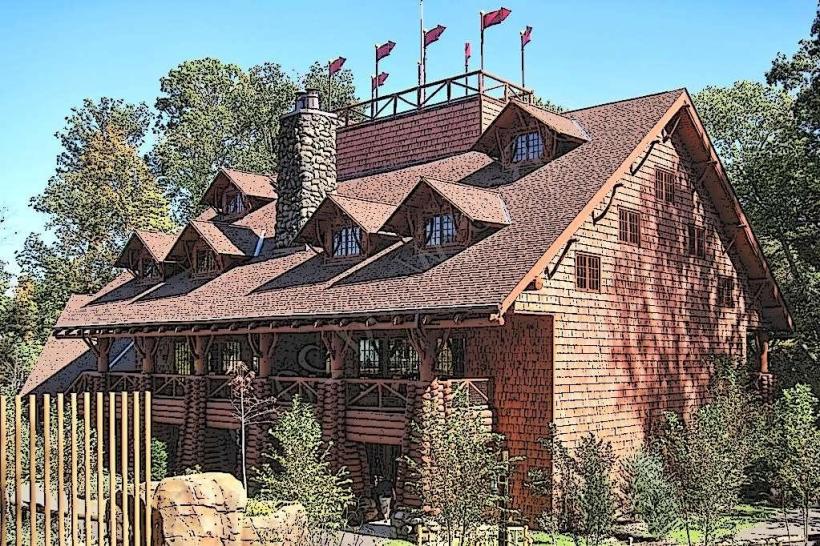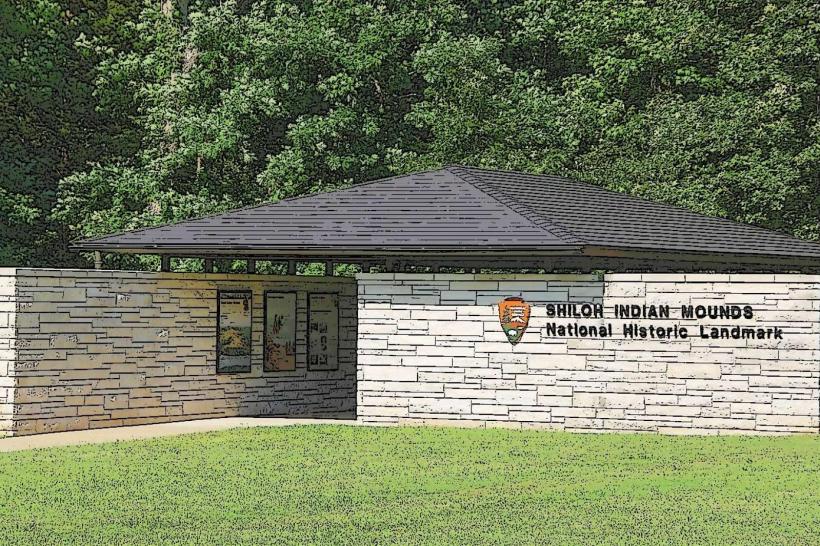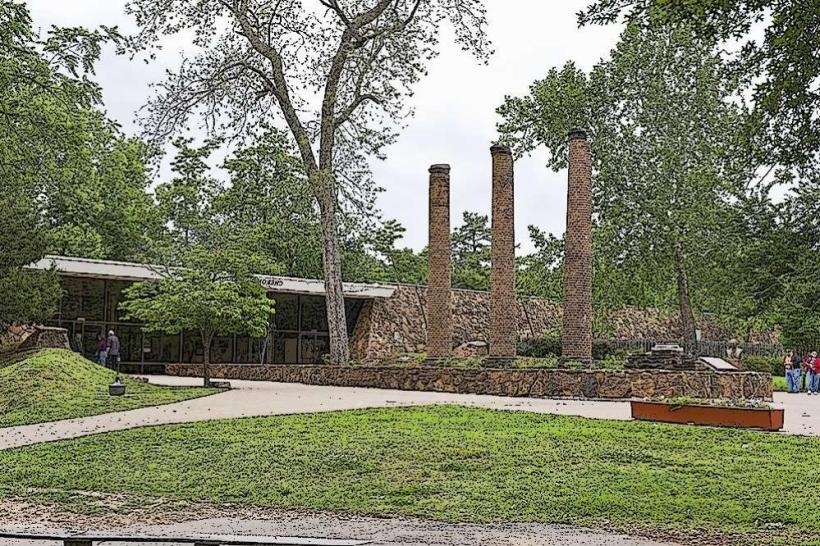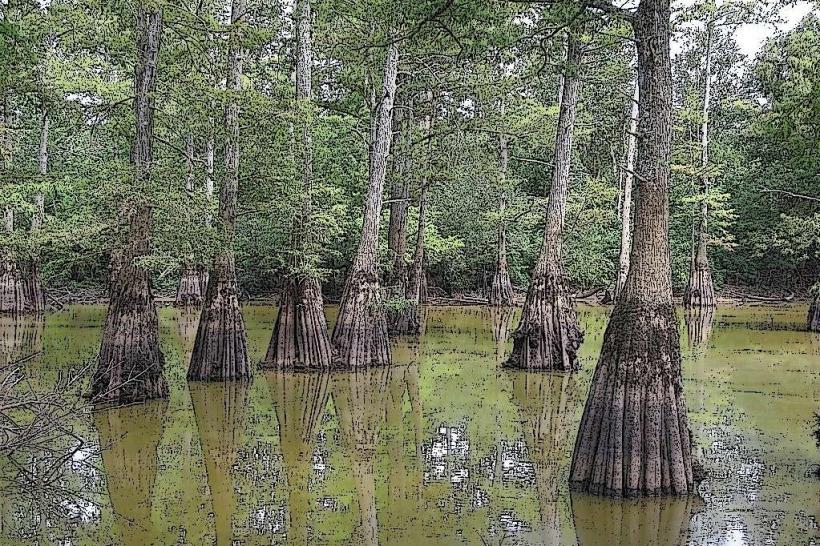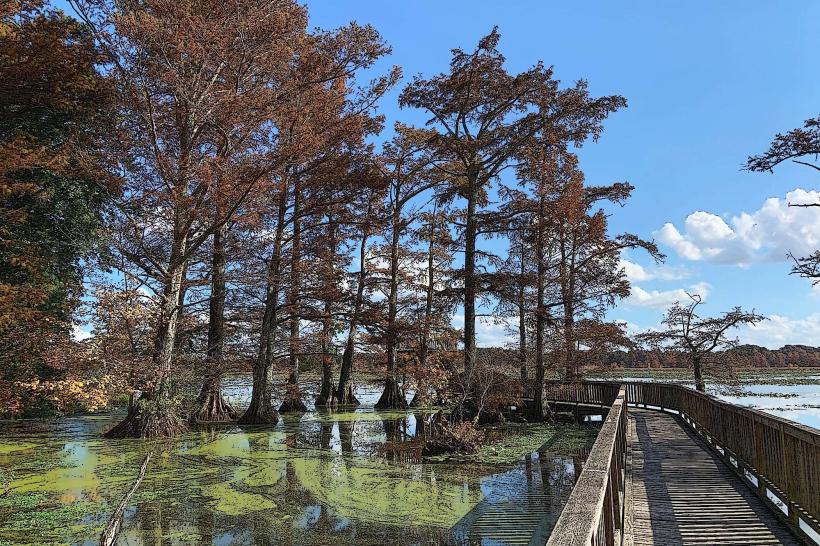Information
Landmark: Shiloh National Military ParkCity: Memphis
Country: USA Tennessee
Continent: North America
Shiloh National Military Park, Memphis, USA Tennessee, North America
Shiloh National Military Park, located in southwestern Tennessee near the town of Shiloh, is one of the most significant and well-preserved Civil War battlefields in the United States. It commemorates the Battle of Shiloh, fought on April 6–7, 1862, a pivotal and bloody engagement that marked a turning point in the Western Theater of the American Civil War. The park also includes sites in Corinth, Mississippi, which was strategically vital due to its railroads.
1. Historical Significance of the Battle
The Battle of Shiloh, also known as the Battle of Pittsburg Landing, was the first major battle in the Mississippi Valley campaign and among the bloodiest battles in American history up to that point.
Union Forces: Led by Major General Ulysses S. Grant, with reinforcements from Major General Don Carlos Buell.
Confederate Forces: Commanded by General Albert Sidney Johnston and General P.G.T. Beauregard.
Objective: Confederates launched a surprise attack to drive Union forces away from the Tennessee River before they could unite.
Outcome: After a surprise Confederate advance on April 6, Union forces rallied and counterattacked the next day, driving Confederates into retreat.
Casualties: Over 23,000 combined casualties, signaling a grim reality of war to both North and South.
Significance: The battle secured Union control of western Tennessee and opened the door for deeper advances into the South, including the eventual siege of Vicksburg.
2. The Shiloh Battlefield Site (Tennessee Unit)
Located near Pittsburg Landing on the Tennessee River, the main unit of the park preserves the core battlefield. Spanning over 4,000 acres, it is dotted with hundreds of historical markers, memorials, cannons, and interpretive signs.
Key Features:
Shiloh Battlefield Visitor Center:
Orientation films and exhibits.
Museum artifacts including weapons, uniforms, and maps.
Engaging interpretive materials outlining troop movements and personal stories.
Shiloh Battlefield Tour:
A 12-stop driving tour, with optional walking trails.
Sites include:
Bloody Pond: A small pond stained red by wounded soldiers.
Hornet’s Nest: A sunken road where Union troops fiercely resisted Confederate attacks.
Peach Orchard: Once a blooming field, it became a scene of intense combat.
Pittsburg Landing: The Union's landing and supply base on the Tennessee River.
Shiloh Church: The simple log structure that gave the battle its name (a replica stands today).
Confederate Burial Trenches: Somber reminders of battlefield casualties.
National Cemetery:
Final resting place of over 3,500 Union soldiers, many unknown.
Peaceful and solemn, located near the river bluff.
3. Corinth Battlefield Unit (Mississippi)
Roughly 20 miles south in Corinth, Mississippi, this sister site interprets the aftermath and strategic context of Shiloh.
Highlights:
Corinth Civil War Interpretive Center:
Operated by the National Park Service.
Offers detailed accounts of military strategy, local civilian experiences, and the Union occupation of Corinth.
Features indoor and outdoor exhibits, dioramas, and films.
Corinth Earthworks:
Preserved Confederate fortifications.
Walking trails through trenches and defensive structures.
Contraband Camp:
A site where formerly enslaved people found protection, education, and employment under Union military administration.
Includes interpretive signs detailing African American experiences during and after the war.
4. Monuments and Memorials
The park contains more than 150 monuments, tablets, and regimental markers erected by states from both North and South to honor those who fought.
States such as Illinois, Iowa, Ohio, Tennessee, Mississippi, and Arkansas are well-represented.
The Iowa Monument and Confederate Memorial are among the most prominent.
Markers often detail specific units' actions, commanding officers, and casualty counts.
5. Educational Programs and Visitor Resources
Guided Tours: Seasonal ranger-led tours, specialty hikes, and programs for schools.
Living History Events: Occasional reenactments, musket firings, and soldier life demonstrations.
Junior Ranger Program: For children and families, involving exploration and learning tasks.
Self-Guided Tour Booklets: Available at visitor centers, enhancing understanding of battlefield events.
6. Landscape and Preservation
The park preserves not only history but also the natural environment, maintaining much of the battlefield’s original terrain. Visitors can experience:
Quiet woodlands, open fields, and riverside bluffs.
Sounds and sights similar to those witnessed by soldiers over 160 years ago.
Birding, photography, and tranquil walking experiences away from urban noise.
7. Practical Information
Location:
Shiloh Battlefield: Near Shiloh, TN.
Corinth Interpretive Center: Corinth, MS.
Admission: Free to both units.
Hours: Generally open daily 8 AM – 5 PM (seasonal variations).
Facilities: Visitor centers, bookstores, picnic areas, and clean restrooms.
Access: Best reached by car; parking is ample at main tour stops.
8. Summary
Shiloh National Military Park is more than a battlefield-it is a preserved landscape of memory, sacrifice, and national turning points. It offers a comprehensive look into Civil War strategy, heroism, and tragedy, supported by immersive exhibits, authentic sites, and quiet places of reflection. The park honors both the Union and Confederate dead and ensures that future generations can engage deeply with one of America’s most transformative and sobering historical events.

